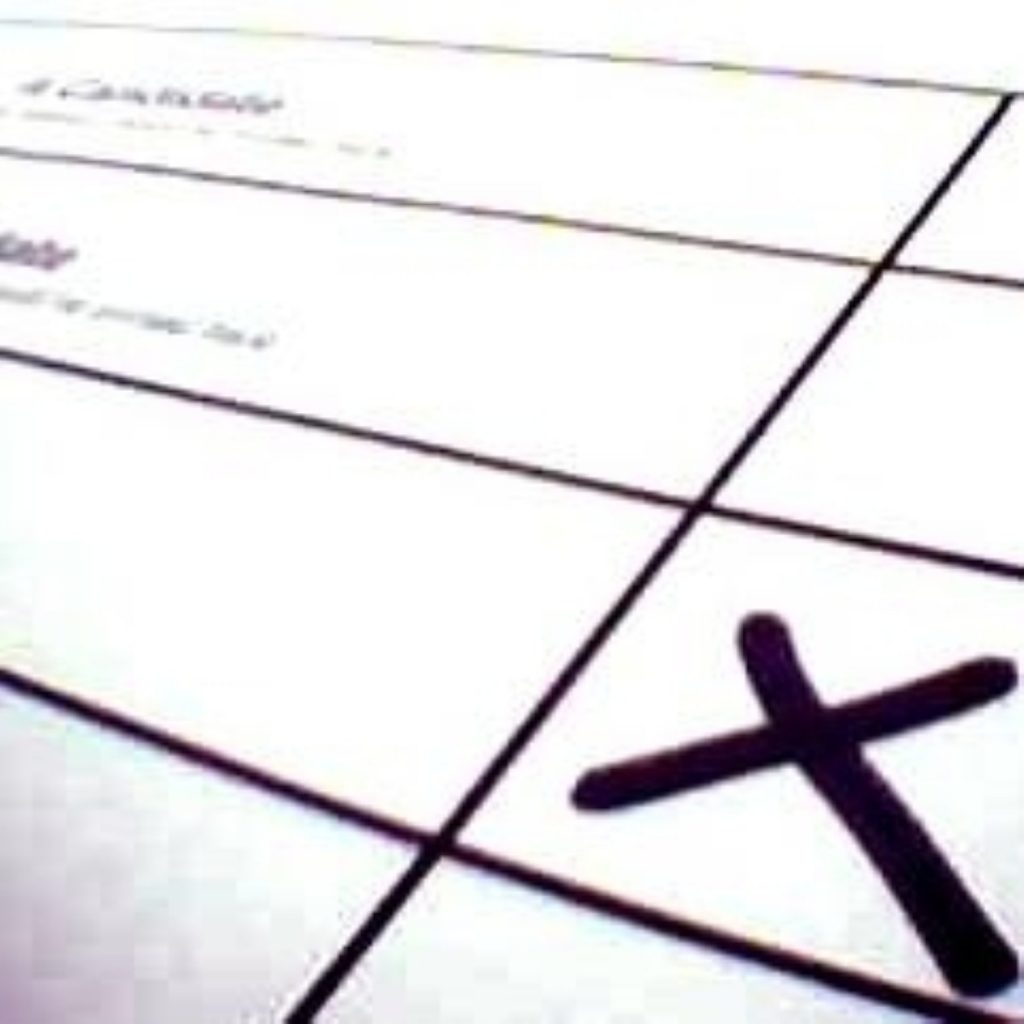Analysis: Davis by-election
By-election analyses are always about pinning down the variables.
Were people voting on national or local issues? How was the weather? Did the ruling party get its core vote out?
But last night’s vote brought in a whole new series of calculations. With only one of the three main parties running, and on a single issue campaign, it’s hard to break the numbers down.
What we know is this. David Davis tripled his previous majority while only half the people who voted last time bothered to turn up. There’s a variety of reasons playing around here, and unwrapping them takes a little patience. On the one hand, voters already knew Mr Davis was going to win – there was no viable opposition – so one can presume this led many of them to stay at home. On the other, some people were clearly galvanised by his principled resignation and came out to support him.
Perhaps they were simply enamoured with the idea of their local area being at the centre of national attention, or perhaps they wanted to support a politician standing up for what he believes in, or maybe they really disagree with 42-day detention and wanted to register their protest.
It’s difficult to tell. How many of those extra Davis votes were Lib Dems? The constituency’s second party didn’t stand, primarily because they agree with Mr Davis on the single issue the by-election was built around and also, probably, because they were sensible enough to comprehend one of the principle rules of the Art of War: when your enemies are tearing bits off each other, the wise man sits down and enjoys the view.
Regardless of the reasons Mr Davis will feel vindicated this morning, and he is within his rights to do so. The last two weeks could have gone horribly, horribly wrong for him. What he can’t claim – and he is beginning to sound as if he wants to – is a real proof of the British people’s libertarian tendencies, or even the tendencies of the people of Haltemprice and Howden. Without a Labour opponent to trade ideas with, all other sorts of factors came into play, including, most importantly, the very real respect people had for his actions regardless of their opinion on 42-days.
Quite what last night means for Mr Davis’ future is harder to tell. He will now be confined to the backbenches for some time. But the strength of the result puts David Cameron in something of a bind. Can he really afford this strengthened political animal to sit agitatedly on the backbenches? These two former leadership contenders have all the hints of a Brown-Blair nightmare about them, and yesterday’s by-election could be the opening salvo in a long war of attrition between them.
But Mr Davis’ greatest success – one he will only discuss in private, one imagines – is to pin the Conservative flag to the civil liberties debate in a way that was simply not the case a month ago. David Cameron is now repeatedly on the record on the subjects of 42-days, ID cards, the DNA database and even CCTV. If the Tories win the next election, which everyone now believes they will, David Davis may have done something with lasting ramifications for the British political landscape.
Ian Dunt





-01.png)